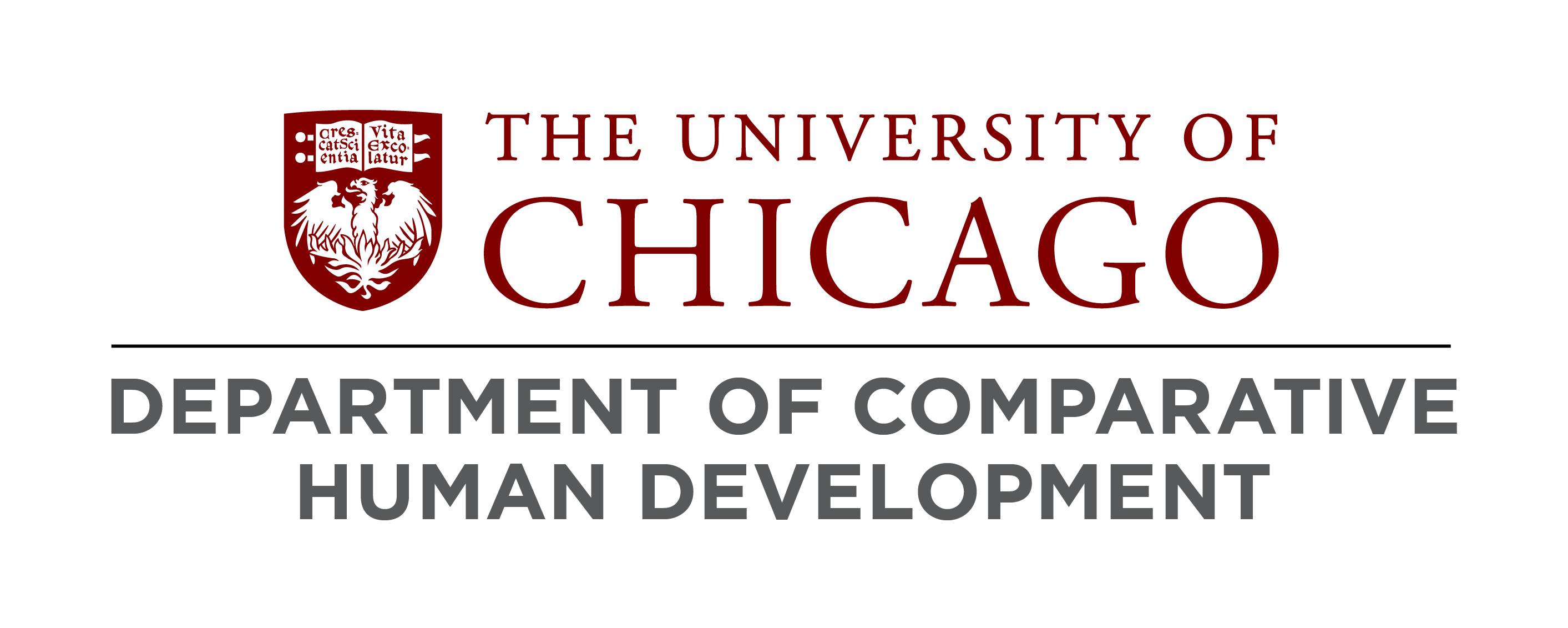
Ming-Te Wang’s research aims to understand and improve youth learning and development in multiple ecological contexts, with an emphasis on issues of diversity, opportunity, and equity. It addresses educational and health disparities of historically marginalized youth, while informing policy and practice to promote academic and socioemotional well-being of all children and adolescents. He applies basic psychological science to address social issues and leverages a strengths-based approach and longitudinal research designs to inform educational practices. His research addresses developmental challenges in sociocultural contexts that may differentially influence children and adolescents of historically stigmatized groups. He is the faculty director of the University of Chicago Urban Education Institute.
Wang received a doctorate in human development and psychology from Harvard University and completed his postdoctoral training at the University of Michigan. Most recently, he was a professor of psychology and education at the University of Pittsburgh.
Prior to attending graduate school, Wang was a middle school teacher and school counselor in a reservation area for indigenous people in Taiwan, which gave him insight into the intersection of culture, context, and psychosocial processes in youth development, and underscored the importance of conducting ecologically valid field research driven by strong researcher-practitioner partnerships to unpack complex child-by-environment interactive processes.
 THE UNIVERSITY OF CHICAGO
THE UNIVERSITY OF CHICAGO

